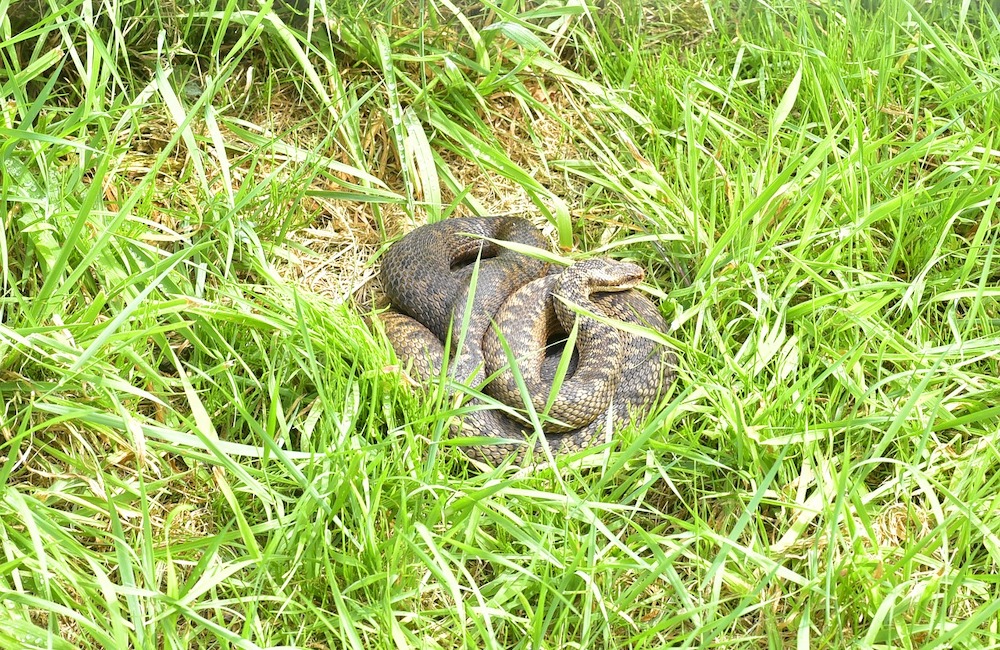
This is the time of year when your pet could be vulnerable to a bite from an adder, Britain’s only poisonous snake. It’s easily identified by the zig-zag pattern on its skin and can be found with different colour combinations.
Adders are shy creatures and will usually disappear long before you see them, but at this time of year when they are just coming out of their winter hibernation, they often doze in the sun and their reactions may not be quite so sensitive to your pet’s approach.
If disturbed or frightened by an inquisitive pet, they can react defensively and this is when your pet is at risk of a bite.
If you think your pet has been bitten by an adder, it’s very important to contact us and bring your pet in immediately, as their poison is fast acting.
Anti-venoms are available, but they can take time to obtain, so the earlier we are informed, the better. So do call us asap, while making arrangements to bring your pet in straight away.
What To Do Immediately
Contact us asap and stay calm meanwhile.
Where possible, carry your pet and do not allow them to walk. Restricting movement will slow the spread of the venom around the body.
Do not tie off or tourniquet the area, as this can cause more harm than good if done incorrectly.
Signs and Symptoms
Look out for the signs and symptoms below – you may not see the bite happen, but your pet will feel the effects.
Signs
- Dark coloured wound
- Two puncture marks (possibly)
- Bites are most common on the face and legs
Symptoms
- Swelling
- Pale gums
- Drooling
- Vomiting
- Dehydration
- Lethargy
- Restlessness
What to Do Next
Bathing the wound in cold water is good, but don’t delay getting your pet to us or seeking advice.
Don’t approach the snake yourself and risk getting bitten too.
Risk areas
Adders are generally found in areas of sandy soil, moorlands, woodlands and long grass. They also like sunning themselves on rocky hillsides. So keep to paths and your dog on a lead in these areas.
It is a very rare occurrence to see adders and though they can be dangerous if disturbed, it’s important not to approach or harm them in any way. They are an endangered species native to Britain and an important part of our natural wildlife.
As ever, if you have any queries about your pet’s health, please call us on 01435 864422.

